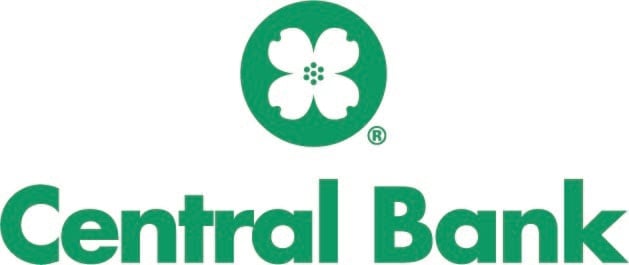Get Started To See Today’s Refinance Rates
NerdWallet has picked standout refinance lenders so you can determine which one is right for you.
With a mortgage refinance, you replace your current home loan with a new one. Much like when you bought your home, you’ll have to meet the lender’s refinance requirements and go through the application and closing process.
Showing top 3 matches in OR
- Offers a wide variety of purchase and refinance mortgages with an emphasis on helping underserved communities.
- Its home equity line of credit can be used for an owner-occupied or second home.
- Has a program to enable buyers to make cash offers.
- Receives high marks for customer satisfaction, according to J.D. Power and Zillow.
- Read our New American Funding review
- Offers government-backed FHA and VA loans, including refinancing options, and USDA loans.
- Jumbo loans available for vacation homes and investment properties.
- Offers programs for borrowers with credit challenges, self-employed borrowers and professionals early in their careers who may still carry significant debt.
- Read our Northpointe review
- Among the best when it comes to online convenience, including refinance loan process updates.
- Offers rate-and-term as well as cash-out refinances.
- Why refinance your mortgage?
There are multiple reasons to refinance your mortgage. People usually refinance to save money, either in the short run or the long run, and sometimes to borrow against their equity. Here are some of the main reasons to refinance:
To get a lower mortgage rate.If mortgage interest rates fall after you get the loan, you may be able to refinance to a lower rate. This can result in smaller monthly payments.
To shorten the term. Refinancing from a 30-year mortgage to a shorter-term loan (15 or 20 years, most commonly) might increase your monthly payment (even with a lower interest rate), but it decreases the overall interest you pay over the life of the loan.
To get rid of mortgage insurance. When you buy a home with a down payment of less than 20%, you have to pay for mortgage insurance. Refinancing is one way to stop paying private mortgage insurance, and it's the only way to get rid of FHA mortgage insurance.
To replace an adjustable-rate mortgage, or ARM, with a fixed-rate loan. Rather than enduring the uncertainty of annual interest-rate adjustments with an ARM, you might refinance to a fixed-rate loan so you don't have to worry that the rate will rise.
To get your hands on equity. With a cash-out refinance, you borrow more than your current loan balance and take out the difference in cash. A cash-out refinance is a popular way to pay for home improvements."
- How to find the best refinance rate?
Your credit score helps determine the refinance rate you will receive. Check your credit report before refinancing to make sure there aren’t any errors. Build your credit score before refinancing by paying your bills on time and keeping credit utilization low.
To ensure you’re getting the best possible rate, request quotes from multiple refinance lenders. Compare the interest rate, annual percentage rate (APR), estimated closing costs and other fees included on each Loan Estimate.
And don’t forget to lock in your refinance rate. This will prevent the interest rate from rising before your loan closes.
- Common refinance requirements:
In order to qualify for a mortgage refinance, you will need to meet the criteria set by your lender and loan program:
Credit score: A higher credit score can help you secure the lowest refinance interest rate. Government-backed refinance loans typically have lower credit score requirements than conventional loans. With an FHA cash-out refinance, the minimum score requirement is 500, for example. With a conventional refinance, it’s at least 620. But lenders are permitted to set higher minimums if they choose.
Debt-to-income ratio: Your debt-to-income ratio is the portion of your gross income that goes to paying your debt. Many lenders require a DTI below 36%. You can refinance a mortgage with a higher DTI, but you may pay a higher interest rate.
Home equity: Your home equity is the value of your home minus what is owed on the mortgage. The amount of equity you need to refinance varies by lender and type of mortgage, but 20% equity is a common requirement.
Refinance wait period: While you can refinance as often as you want, some lenders require a “seasoning” period between loans. With a conventional cash-out refinance, for instance, you will have to wait six months. If you are refinancing an FHA, VA, or USDA mortgage, the waiting time varies between six and 12 months.
- How does cash-out refinance work?
With a cash-out refinance, you take out a new mortgage that's for more than you owe on your existing home loan, but less than your home's current value. You'll receive the difference between the new amount borrowed and the loan balance at closing.
- How do you get the best cash-out refinance rate?
Shop around with multiple lenders to compare cash-out refinance rates. You may also be able to buy points to bring down your refinance interest rate. While you're comparing lenders, be sure to also check the costs and fees associated with getting the refinance. These don't affect your rate, but fewer added fees will lower your closing costs.
- How much cash can I get with a cash-out refinance?
Lenders will limit the cash you take out to 80% to 90% of your home equity. An appraisal will be required to nail down your home’s current market value.
» MORE: Calculate your refinance savings


